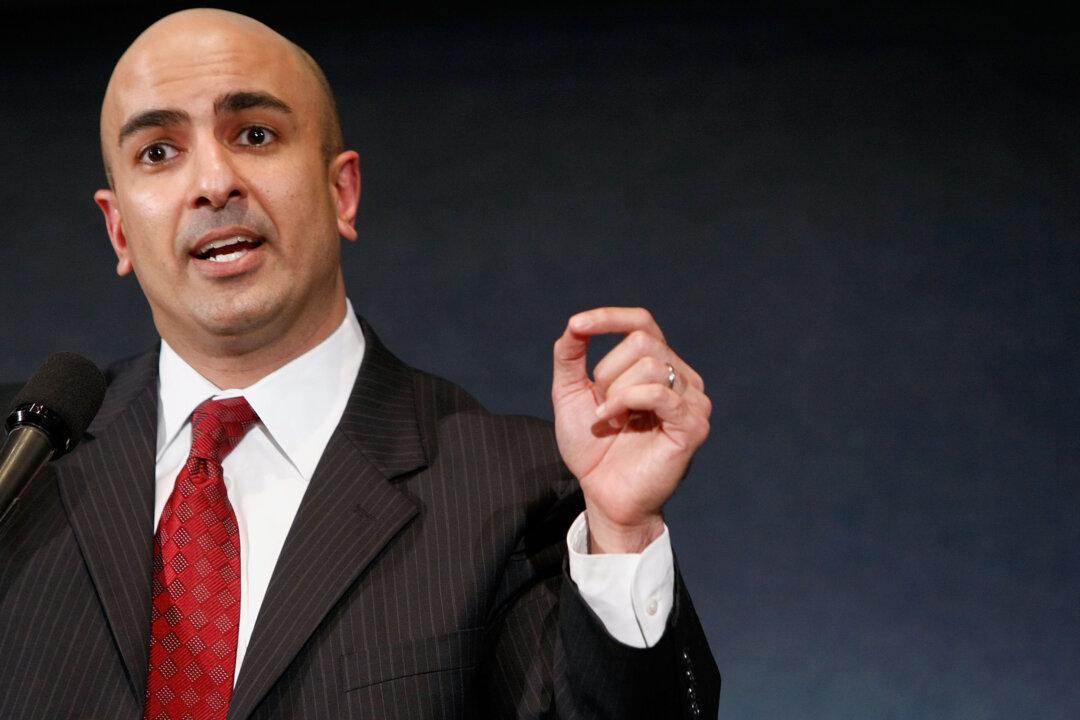The Federal Reserve Bank of Minneapolis president warned Sunday that the current rate of inflation is troubling and will spread across the country.
“It’s very concerning. We keep getting inflation readings, new data that comes in as recently as this past week, and we keep getting surprised. It’s higher than we expect,” Fed branch President Neel Kashkari said on CBS News’ “Face The Nation.” “And it’s not just a few categories. It’s spreading out more broadly across the economy and that’s why the Federal Reserve is acting with such urgency to get it under control and bring it back down.”





